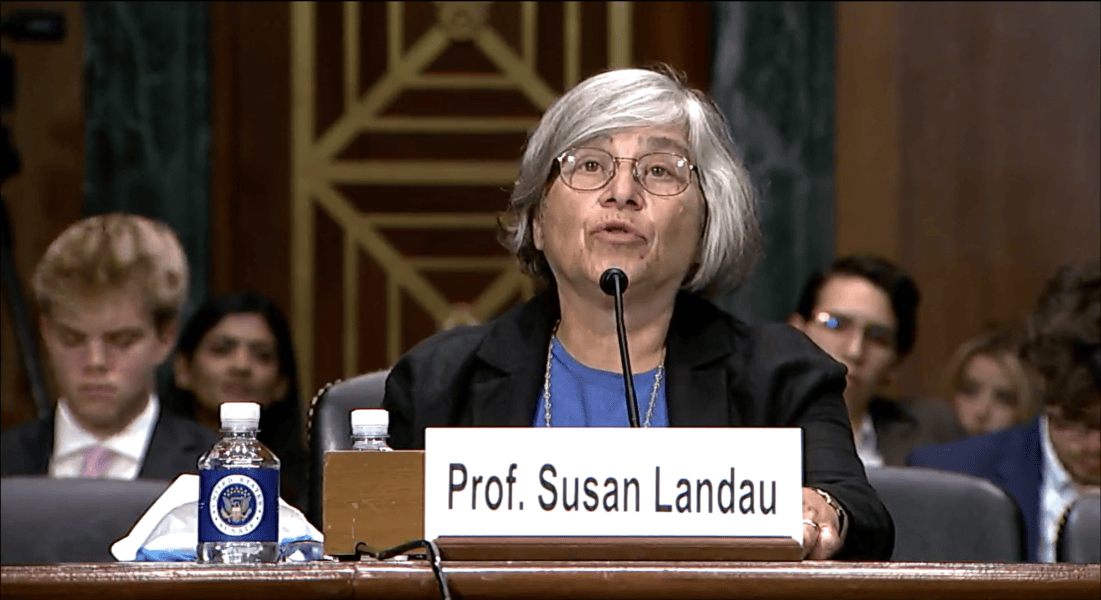
In a recent analysis, Susan Landau highlights the significant national security implications of the Communications Assistance for Law Enforcement Act (CALEA), enacted in 1994. This legislation was intended to facilitate law enforcement wiretapping but has inadvertently introduced considerable security vulnerabilities into communication networks [ec5da017].
Landau points to a recent cyberattack linked to the Chinese government that compromised U.S. wiretap orders as a stark illustration of these vulnerabilities. The attack underscores the risks associated with CALEA-compliant systems, which were designed without adequate security measures to protect against such threats [ec5da017].
The analysis recalls a 2011 testimony before Congress that warned about the dangers of insufficient security in communication networks, emphasizing that the integration of Public Switched Telephone Network (PSTN) and internet communications has made these systems increasingly susceptible to attacks [ec5da017]. An early example of these vulnerabilities was the 1997 hacking incident at a NYNEX phone switch, which foreshadowed the potential for future breaches [ec5da017].
Senator Ron Wyden's recommendations for improving CALEA regulations and holding telecommunications companies accountable for security failures are also highlighted. His proposals aim to enhance the security framework surrounding CALEA, ensuring that law enforcement capabilities do not come at the expense of national security [ec5da017].
As the U.S. faces escalating cyber threats, particularly from state actors like China, the need for better security measures and rigorous stress testing of CALEA-compliant systems has never been more urgent. Landau's analysis serves as a critical reminder of the delicate balance between facilitating law enforcement and safeguarding national security in an increasingly interconnected world [ec5da017].